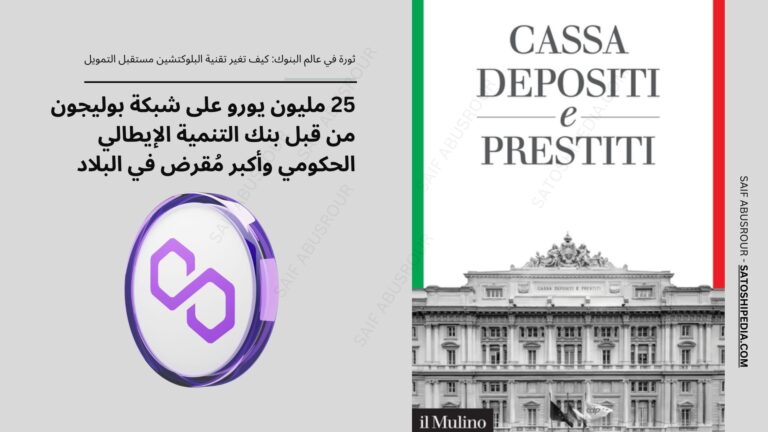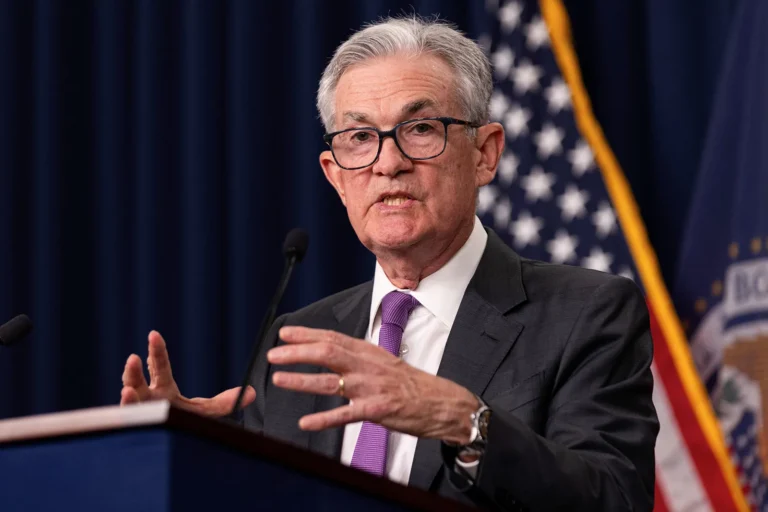The Hook: A Crypto Revolution or a Financial Earthquake?
Imagine waking up one day and realizing that the entire financial system, the way banks move money, the way businesses process payments, and even the way the Federal Reserve operates could be completely disrupted—all because of one major shift in crypto regulations. That’s exactly what’s on the table with Trump’s latest crypto moves. If he pushes forward with certain policies, the public payment network—essentially the system that keeps traditional banking running—could be shaken to its core.
But why does this matter to you? Because understanding this change could be the key to predicting the future of crypto banking, regulation, and even the role of Bitcoin and stablecoins in global finance.
The Big Idea: How Trump’s Policies Could Reshape Crypto Banking
This article focuses on a recent podcast episode featuring Caitlin Long, CEO of Custodia Bank. She’s been deeply involved in trying to bridge the gap between crypto and traditional banking, and she warns that Trump’s crypto-friendly stance could lead to massive changes in how the U.S. financial system operates.
Here’s what’s happening:
- The Federal Reserve and Crypto – The Fed has been resistant to crypto banks like Custodia, which wants to connect crypto directly to the banking system. But if Trump returns to power, he could push for a shift that forces the Fed to allow crypto institutions into the system.
- Executive Orders & Deregulation – Trump has hinted at issuing an executive order that could make it easier for banks to hold and use crypto. This would be a game-changer, making it possible for crypto transactions to be processed just like regular money transfers.
- Privatizing Fed Wire? – One of the biggest ideas discussed is the potential for privatizing FedWire, the system banks use to transfer money. If private companies—or even crypto firms—get access to this infrastructure, it could make traditional banking less necessary and put stablecoins and digital assets at the center of finance.
- The Crypto Vote & Trump’s Influence – Many crypto enthusiasts believe Trump could be their best bet for a pro-crypto future, and he’s leaning into that support. If enough voters back him for this reason, we could see the biggest regulatory shift in crypto history.
Why This Matters: The Future of Banking and Crypto
This isn’t just about Trump—it’s about how the world of money is evolving. If crypto gets integrated into the public payment system, it could mean:
- Easier access to crypto banking – No more needing third-party exchanges; banks might hold your Bitcoin for you.
- A weakening of central bank control – The Fed might have less power over money movement, giving crypto a bigger role.
- A battle between traditional banks and crypto institutions – Banks will have to adapt, or they could lose relevance.
- Potential risks of a privatized payment system – If the government loses control over payments, what happens during financial crises?
Key Words to Remember:
- Public Payment Network – The infrastructure that lets banks move money, which could be disrupted by crypto.
- FedWire – The real-time system that banks use to transfer money, which Trump’s policies could partially privatize.
- Crypto Custody – The idea that banks could start storing and handling crypto just like cash.
- Stablecoins – Digital assets pegged to fiat currencies, which could replace traditional bank transfers.
- Executive Order – A presidential decision that could fast-track crypto-friendly regulations.
Final Thoughts: A Crypto-Driven Financial System?
If Trump gets his way, we might be looking at a crypto-first financial system, where stablecoins, Bitcoin, and blockchain-based payments become as normal as using your debit card. But this also raises questions: Will it bring more financial freedom or create chaos? Will banks fight back?
One thing’s for sure—this is a turning point. If you’re in the crypto space, understanding these potential changes will help you stay ahead of the game. Keep your eyes on regulatory updates, because this could determine how crypto evolves from here.



